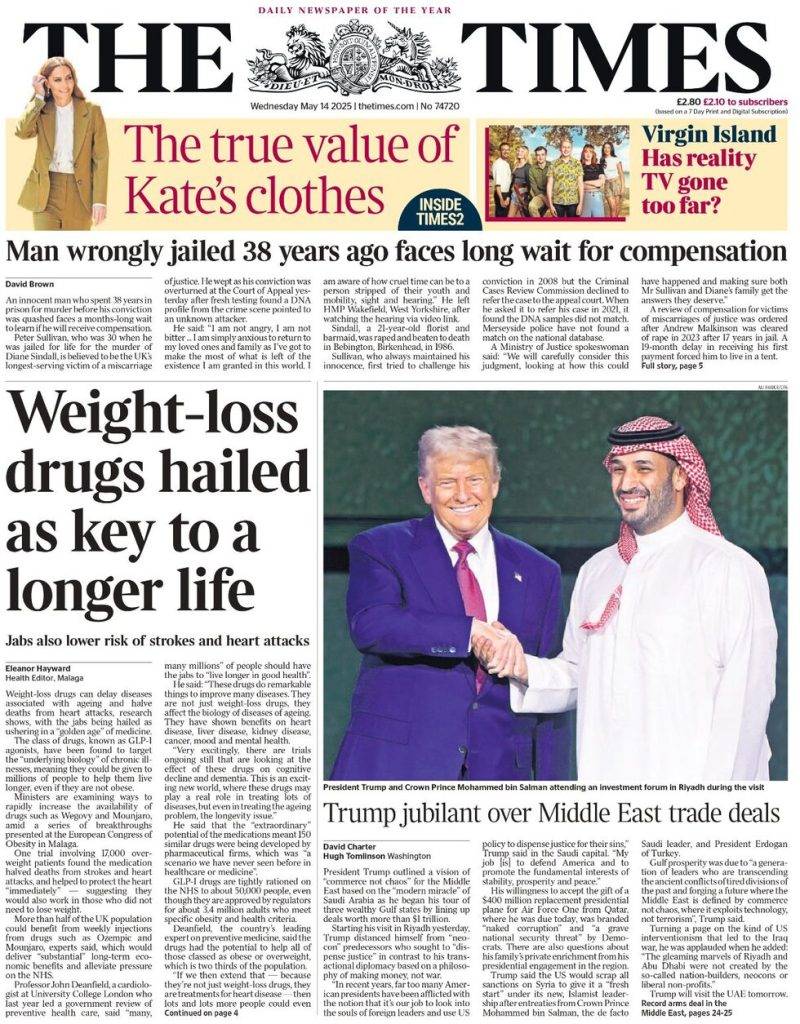Latest News
- Seasonally adjusted government deficit at 3.2% of GDP in Europe – Economic Pulse
- European Commission Introduces EU-INC to Streamline Company Formation
- Inspiring Double Amputee Climbs Highest Peaks on Every Continent | News UK
- Police investigate allegation that Andrew Windsor ‘trafficked woman’ for sex
- European Commission President Ursula von der Leyen convenes meeting in Leuven on competitiveness tomorrow
- European Parliament lawmakers struggle to reach compromise on digital euro
- Arsenal confirm squad ahead of crucial fixture against Chelsea this week
- Paraguay’s President Peña urges swift EU implementation of Mercosur trade deal





